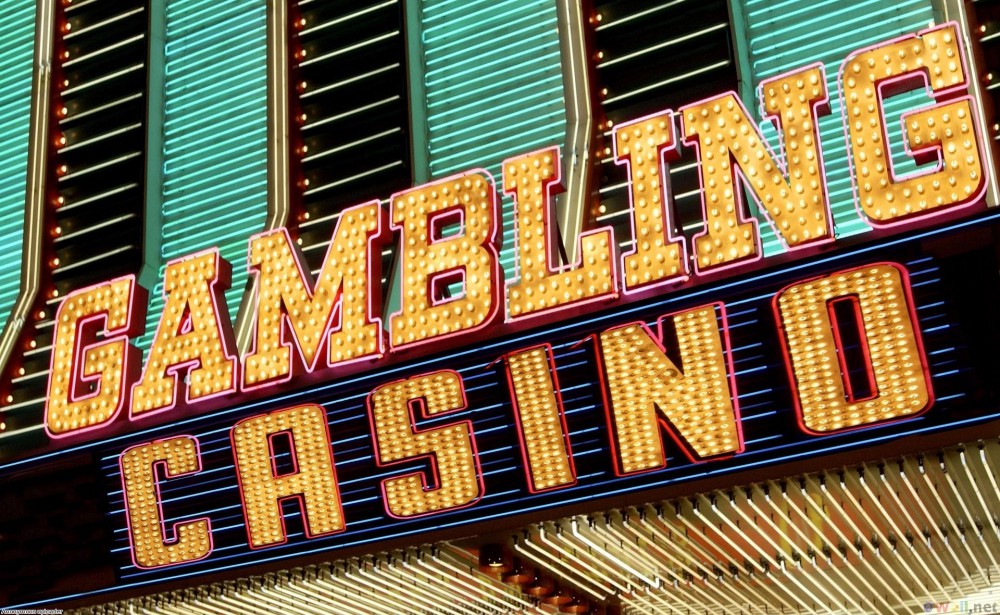When my son Jaden was five years old, I gave him a Los Angeles Lakers’ poker set given to me by the late Dr. Jerry Buss. His mother hid it in the garage. Jaden, now 14, found it and brought it to my house this Thanksgiving and asked me if I could teach him how to play poker. I had wrestled with what I would do on the day my children would want to learn to play and whether I should teach them.
I am sure many gaming industry professionals have had the same thoughts. All my children know their dad works in the gaming industry and has played poker for fifty years. My younger kids like to Google my name and tell me about what they read online, and they are starting to ask me many questions about gambling like why I haven’t won the Main Event. With the Internet and social media, young people today are exposed to social gaming at an early age.
Children today grow up playing games, and gambling is just an extension of gaming to them. It is so much harder to shield children nowadays, so I decided if I am going to teach my kids about gaming, I will make sure they understand all the pitfalls–the good, bad and ugly. In our conversation about poker, my fourteen year old tried to convince me that his video games Call of Duty and Grand Theft Auto are educational. Those games make gambling look like Candy Land. I find these videos games very disturbing. In fact, they inspired me to form my own company, Crown Digital Games, so I can develop games like Giant Paintball, which uses paint instead of bullets that my children can play that keeps the competitive element without the blood and gore.
I feel poker, unlike video games, can teach so much about life. It teaches about winning and losing, math, money management and psychology just to name a few things; most of all, it teaches you about people. I teach my children there is a time and place for gaming, and it should never interfere with their family or education. The key is to remember to keep it fun and to gamble responsibly within one’s limits and make sure it never interferes with family. Poker has created a blessed life for me the past fifty years, but it has come with some pain and suffering. As I reflect back, I do have some regrets and wished I had spent more time on the important things in life. As the Poker Hall of Famer Fred “Sarge” Ferris said when he realized he was terminally ill, he wished he had stopped and smelled the roses.
On Thanksgiving it’s a tradition at my wife’s family gathering to play poker. Her 21-year-old niece is very competitive and beat us all out of our $5 buy-in. She was taught poker at an early age. She informed me she is taking a course at San Diego State University called “Cross Cultural Gambling.” She said she watched the movie Rounders in class where the students discussed the consequences of gambling. At the peak of the poker boom, there is no telling how many students played poker online on their computers in their dorm rooms. Now with smartphones in the hands of our youth, it is time for them to learn about the personal and social impact of gambling in the classroom.
The gaming industry is going through a seismic shift. For the first time, gaming has a chance to become mainstream. It is moving from the back room to your living room. The leap from play money to real money is just a click away. Putting our heads in the sand pretending our children are not being exposed to gambling is naïve.
As parents we need to be aware of the proliferation of all forms of social gaming and know what our kids are downloading and playing. As the Washington Post reported in February 2011, an eight-year-old girl rang up a $1400 bill in the Capcom game Smurfs’ Village. Though the game was free to download, the smurfberry purchases made within it cost real money. The lesson here is the virtual games in our children’s pockets are one step away from real gambling, and it is playing on their competitive and addictive behavior.
I am 65 years old. One thing I want to leave in my children’s minds about the business I have been in for fifty years is that gambling has consequences, both good and bad. I want them to be winners in life. With gambling now becoming legal online and at our fingertips 24/7, it is imperative we educate the young as they walk around with a casino in their pocket.
Robert Turner is a legendary poker player and marketing expert. He is most well-known for introducing the game of Omaha poker to Nevada in 1982 and to California in 1986. He created Live at the Bike, the first live gaming site broadcast on the Internet in 2002. He also created the Legends of Poker for the Bicycle Casino in 1995.
He has spent over 30 years in casino marketing and player development and has served as an executive host at the Bicycle Casino and MGM Grand. He is currently working with his new companies Crown Digital Games developing mobile apps and Vision Poker, a poker marketing group.




